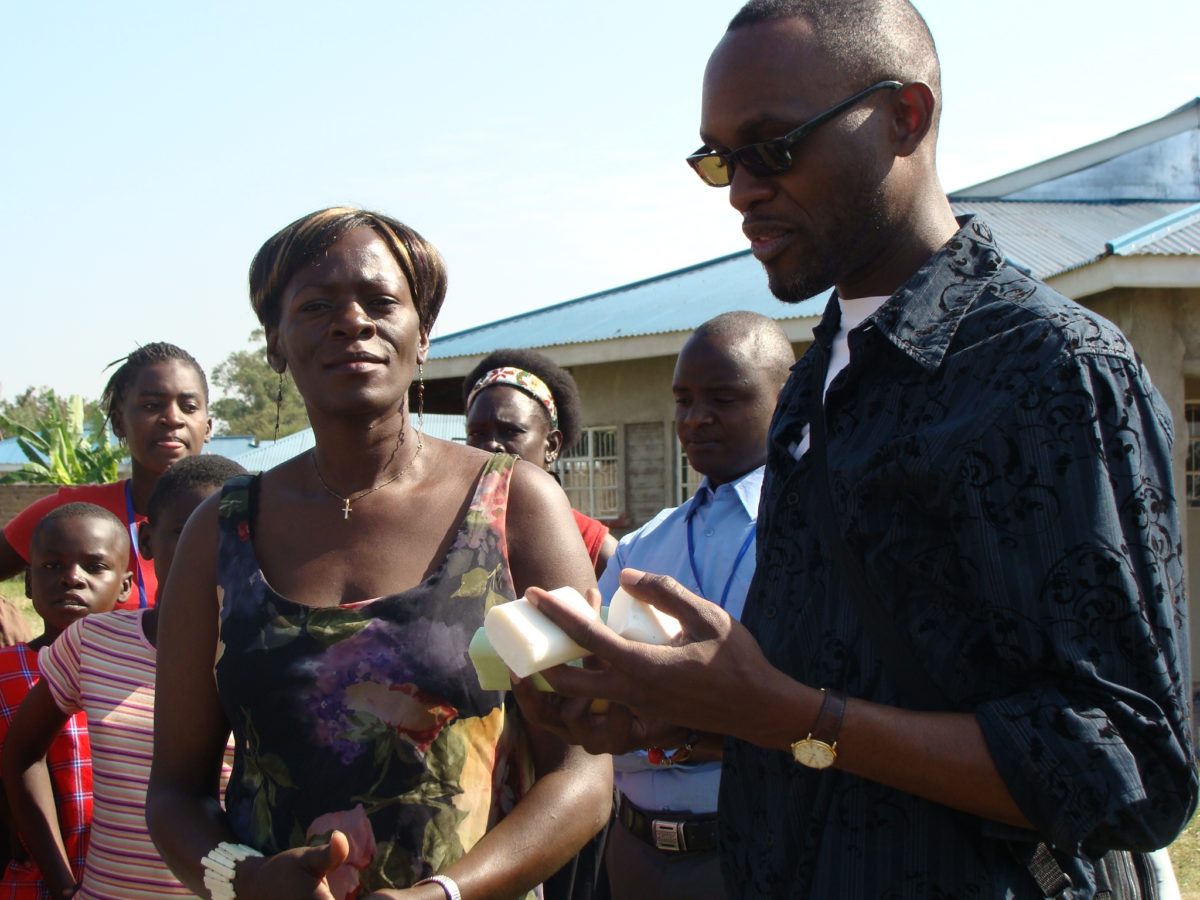
Luxury soaps—just one of the amenities you’ll encounter at Four- and Five-Star hotels. But what happens when you leave a half-used bar behind? More often than not, the remainder ends up in a landfill. There must be a better way. Enter Global Soap Project.
On Nov. 8, Hilton Worldwide announced its partnership with Global Soap Project, a nonprofit organization that collects discarded soaps from hotels, reprocesses them and sends them to vulnerable communities. Hilton also committed to investing $1.3 million over the next three years in Global Soap Project. Together, the nonprofit and the hotel chain are helping the travel and hospitality industry clean up in more ways than one.
“There’s a symbiotic relationship between the health industry and the hotel industry,” said Global Soap Project founder Derreck Kayongo. “Soap recycling means good health and hygiene and social responsibility.”
For the people Global Soap aids, soap is an afterthought when the choice lies between soap and food or medicine. Children die every day from diseases like dysentery and pneumonia that could easily be prevented by soap and water, and Kayongo estimates 800 million bars of soap are discarded every year. He says the Global Soap Project’s goal is to put a bar of soap in every child’s hand—a measure that could help eradicate disease. For hotels partnering on the project, the benefit is twofold: Not only do they help prevent diseases, but they also reduce their carbon footprints.
As a corporation, Hilton has made strides to improve sustainability. The company’s LightStay initiative, for example, looks to reduce the energy and water use and waste and carbon output in all its hotels. The Global Soap Project is an extension of those measures. Among its successes, Global Soap Project has shipped 2.5 tons of soap to South Sudan, a country with an infant mortality rate of 102 per 1,000.
Kayongo counts his personal delivery of 5,000 bars of soap to Kisumu, Kenya, as one of his greatest achievements thus far. He and his parents fled their native Uganda for Kenya as refugees when Kayongo was a child, giving the trip an even greater sentiment. For his efforts, Kayongo has been honored as one of CNN’s Top 10 Heroes for 2011. But while luxury hotels and sustainability may seem like a paradoxical relationship, Kayongo believes the two can coexist. In fact, he said he has even delivered bars of BVLGARI soap that easily retail for more than $10 to impoverished people.
“We’re not just giving them the worst product, but the best product,” Kayongo said. “Beggars can be choosers.”
Photo courtesy of Global Soap Project.

